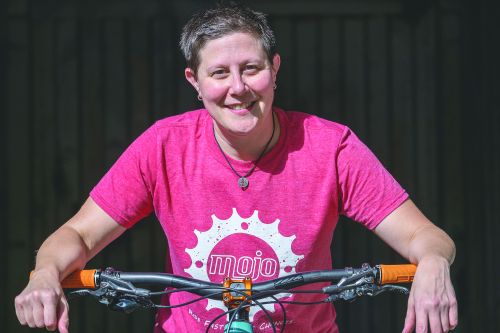A version of this feature ran in the July 2021 issue of BRAIN.
BOULDER, Colo. (BRAIN) — For our July magazine edition, we asked our State of Retail panel members: How have you differentiated your shop, and what are your best business practices?
KANSAS CITY, Mo.: Christina Baanders-Decker, owner Midwest Cyclery
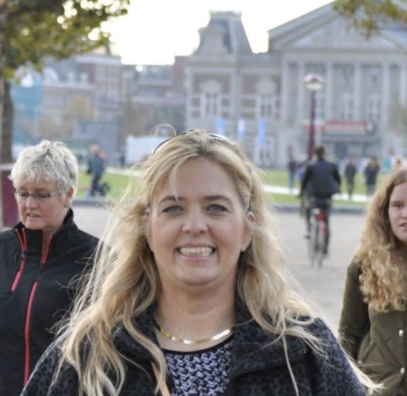
Honestly, it doesn't matter what bike brand you sell. It's all about providing personal service and building a personal connection with care that’s above average. We offer personalized, kind and nonjudgmental service. Our team greets customers with a sincere willingness to help them find the right bike for the riding they’re going to do. We interview with easy questions and offer helpful insight on the different styles of bikes. We also all ride and love the lines we sell, and our customers can see and speak to the owner. I am on the sales floor, and I assist every customer with the same respect.
One best practice I wish I would have learned earlier is how to say the word "no" without the word "but" following it. Saying no and standing your ground is important; otherwise, I’ve learned that a brand or sales rep can bully you into warehousing their product.
SYOSSET, N.Y.: Howard Chung, co-owner The Bicycle Planet

In COVID times, our main differentiation is unfortunately a very simple one: We have product available. Our larger-than-average space allows us to hold more inventory, and we manage our cash flow so that we can commit to large purchases. Because of backorders we placed in the last year, we have a fairly deep inventory of bikes and parts. The breadth and depth of our inventory is a hallmark of our shop.
My team is always striving to be the best, especially on the mechanical front. Our goal is to do right by the customer, and that involves making the best recommendations that fit within their budget. Sometimes that comes at a financial cost to the business, but it’s beneficial to the customer.
Some lessons I’ve learned: You can't win every sale, and you can't please everyone all of the time — especially during COVID. In this past year, we had to say no to major overhauls and tuneups and yes to endless tube and tire repairs. This wasn’t a popular decision, but it was the right one. I have learned over the years to listen to other opinions but make my own decisions. Ultimately as the owner, I would rather make my own mistakes than make someone else's.
HOOD RIVER, Ore: Jodie Gates, co-owner Oregon E-bikes
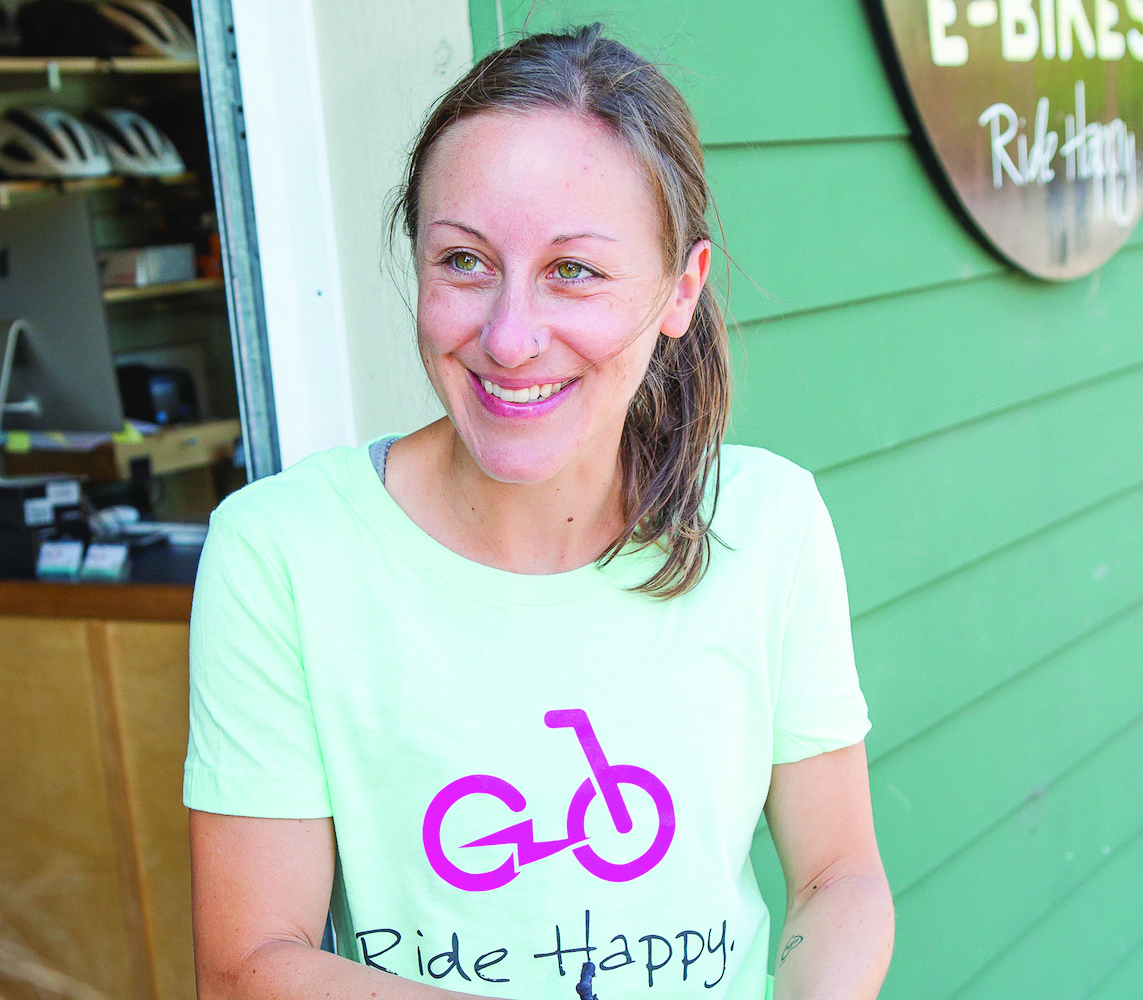
Many of our customers haven't ridden a bike in years or are venturing into the unknown with e-bikes, and that can be intimidating. We meet them wherever they are in the process and make them comfortable in the shop and on a bike. Keeping the mood light and friendly is a must. We like to laugh. Maintaining a shop environment that is fun, empathetic, and attentive to customers is paramount to building our community. We offer multiple channels of communication for customers to reach us and try to be as accessible as possible. From the first interaction to post-purchase, removing as many barriers as possible for communication and logistics is our goal.
My personal “best practice” is to listen to your customers and your team, and be generous whenever I can. Investing in your own team will pay off in spades later. And: Smile while you answer the phone!
JOHN’S CREEK, Ga.: Brent Noisette, owner Twisted Spokes Bicycles
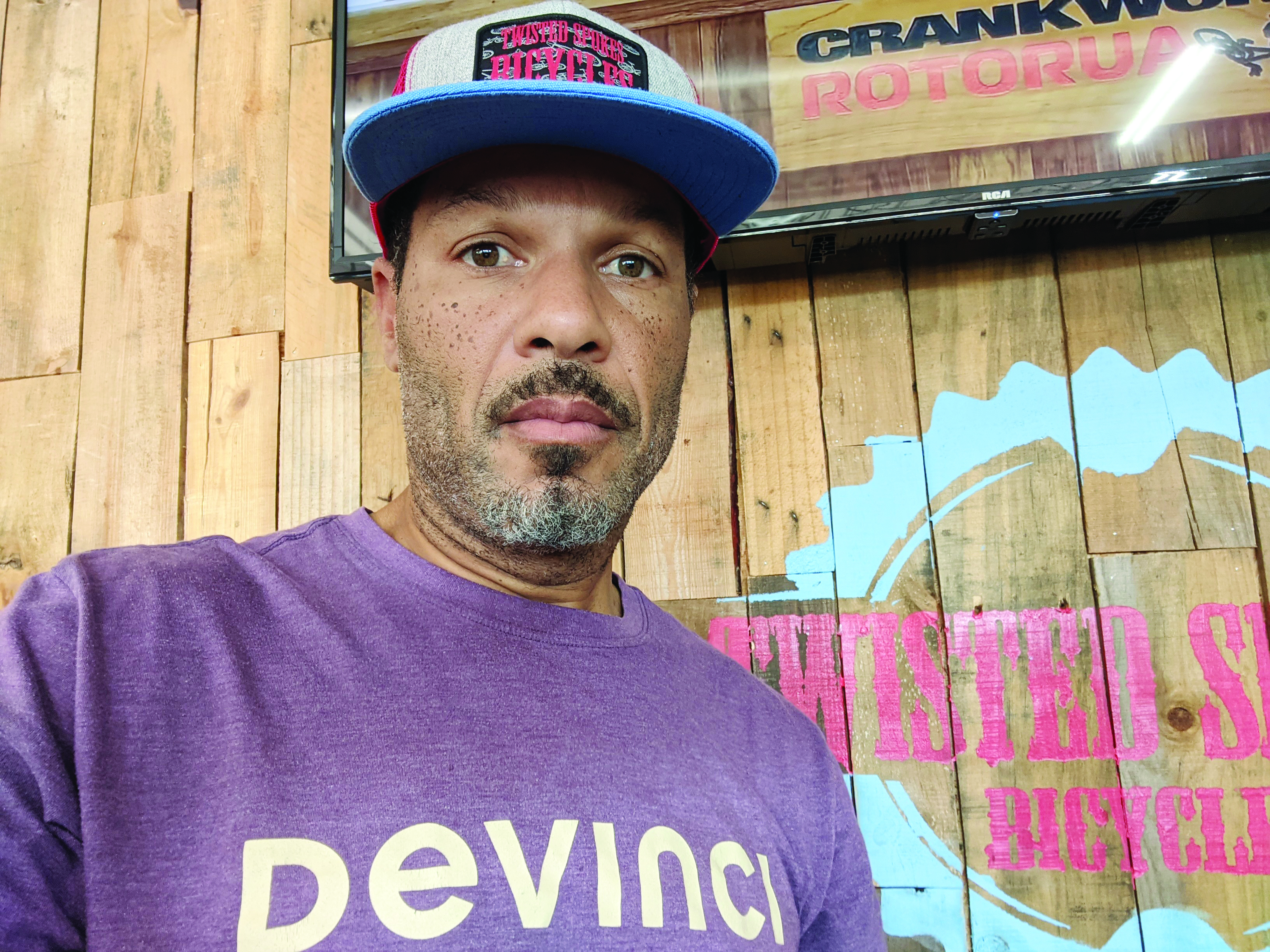
We treat everyone well, whether they are purchasing parts or accessories, a $500 bike, or a bike that costs several thousand dollars. Our customers say our service level is what stands out about us. We strive to make customer service the No. 1 priority. I'm also a firm believer of not selling products that I do not believe in. It’s our reputation on the line for the products we sell and the service we provide. The primary best practice that I use is to be honest with my customers and treat them well, even if they have a department store bike. If you treat people well, they will continue to support you. A lesson I wish I’d learned earlier in life is better stress management. I closed an automotive shop that I had because I didn’t know how to handle the stresses of business ownership effectively.
SUMMERVILLE, S.C.: Michael Haldeman, owner SpokeWorks Bicycle Workshop

It's imperative to us to offer the very best service and ensure that the customer feels informed but not talked down to concerning a product or repair service. We often receive compliments that we are warm and friendly, and serve as a resource to customers even after the purchase. I think this approach is not only welcomed but necessary to help the bicycling industry continue to attract new customers and lifelong riders. We also carry a proprietary, locally roasted coffee and six locally brewed craft beers. This isn't a huge revenue driver, but it enhances the culture of the shop. Customers just feel a bit more at home while working with us and a bit more welcome when they come back from a shop ride.
One of our best practices is to under promise and over deliver, and it’s especially critical during COVID. Stressing that ETAs and product/part availability are fluid and can change at any time is definitely key to providing excellent customer service.
BENTONVILLE, Ark.: Shawna Macan, manager Mojo Cycling
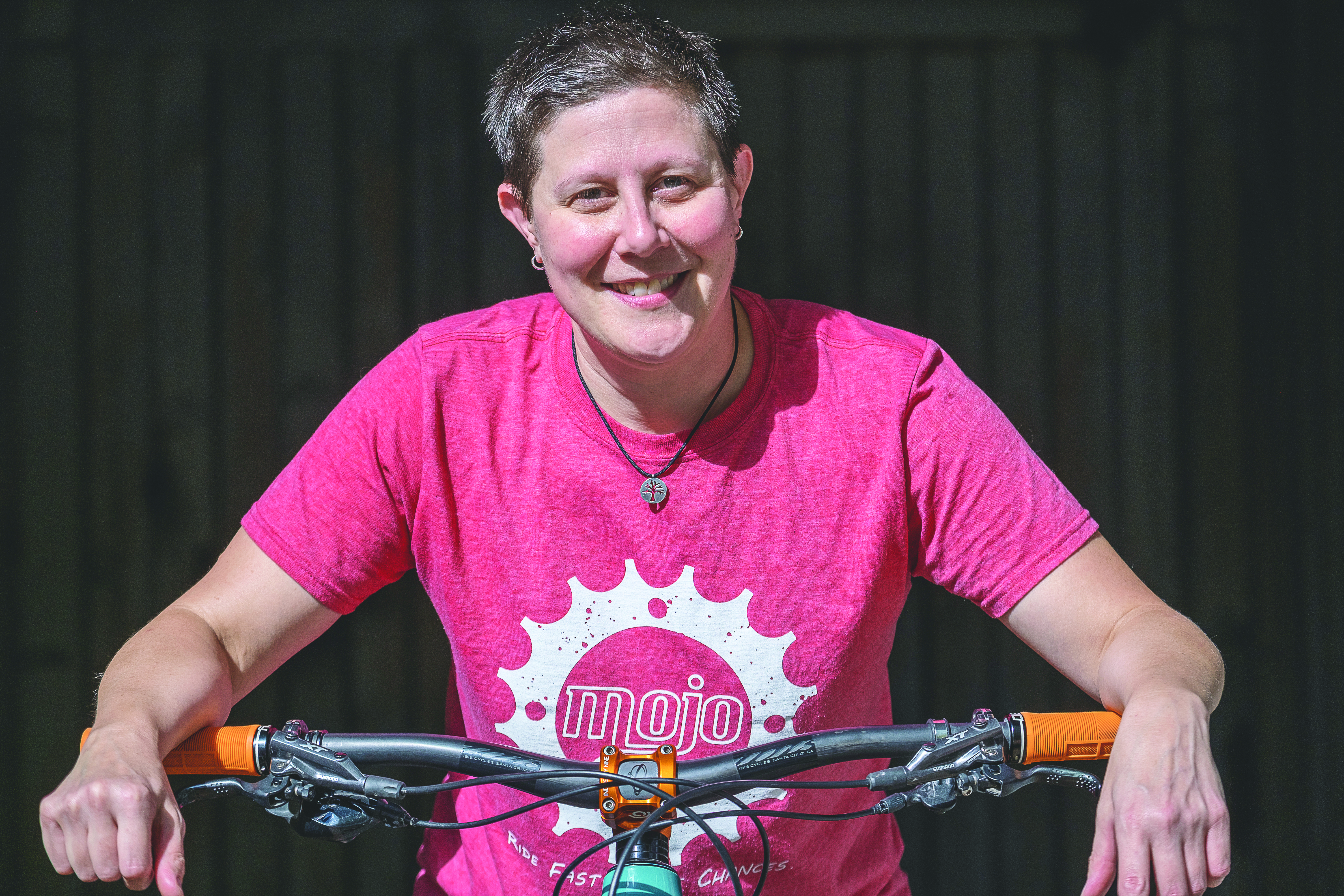
Some of my best practices are to identify my own strengths and weaknesses and surround myself with a good team accordingly. Also: Know your market and your competitors, and reward your team and include them in decision-making.
We set our shop apart by researching and testing the products that we carry to ensure they are the best brands available. They must meet our standards and be useful to our customer base by giving them value and options. No one brand tells us what we can or cannot carry. We carry enough options for the customer to come in and make an informed decision to get exactly what they want, which beats shopping online any day. We also love color options for bike parts and accessories to bling out bikes. Our knowledgeable and inclusive staff makes everyone feel welcome. We take the time to make sure our customers know where to ride while in town, what tires to run, where to eat, and any other questions they may have.
MEMPHIS, Tenn.: Karen Malogorski, co-owner Bikes Plus Inc.
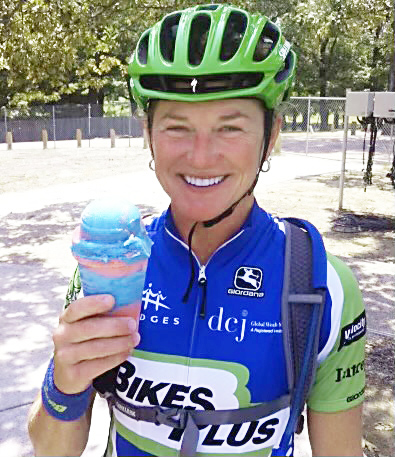
Bikes Plus is a full-service, family-oriented shop providing quality brands and quality service at three strategically placed locations in our market. We’re family-owned and customer-oriented. We consistently provide an exceptional customer experience, offering respect, excitement, and expertise to all. We take a team approach to interacting with our customers. It’s typical for every customer to work with the entire staff working that day. Our long, consistent history of involvement with the local cycling community keeps new and existing customers coming in our doors.
Some of our best practices are to never stop learning to ensure financial security by making good business decisions, and to partner with brands that align with our beliefs. We build relationships in and out of our market to learn and continue to improve on best practices.
CLAREMONT, Calif.: Dale Mattson, owner The Velo
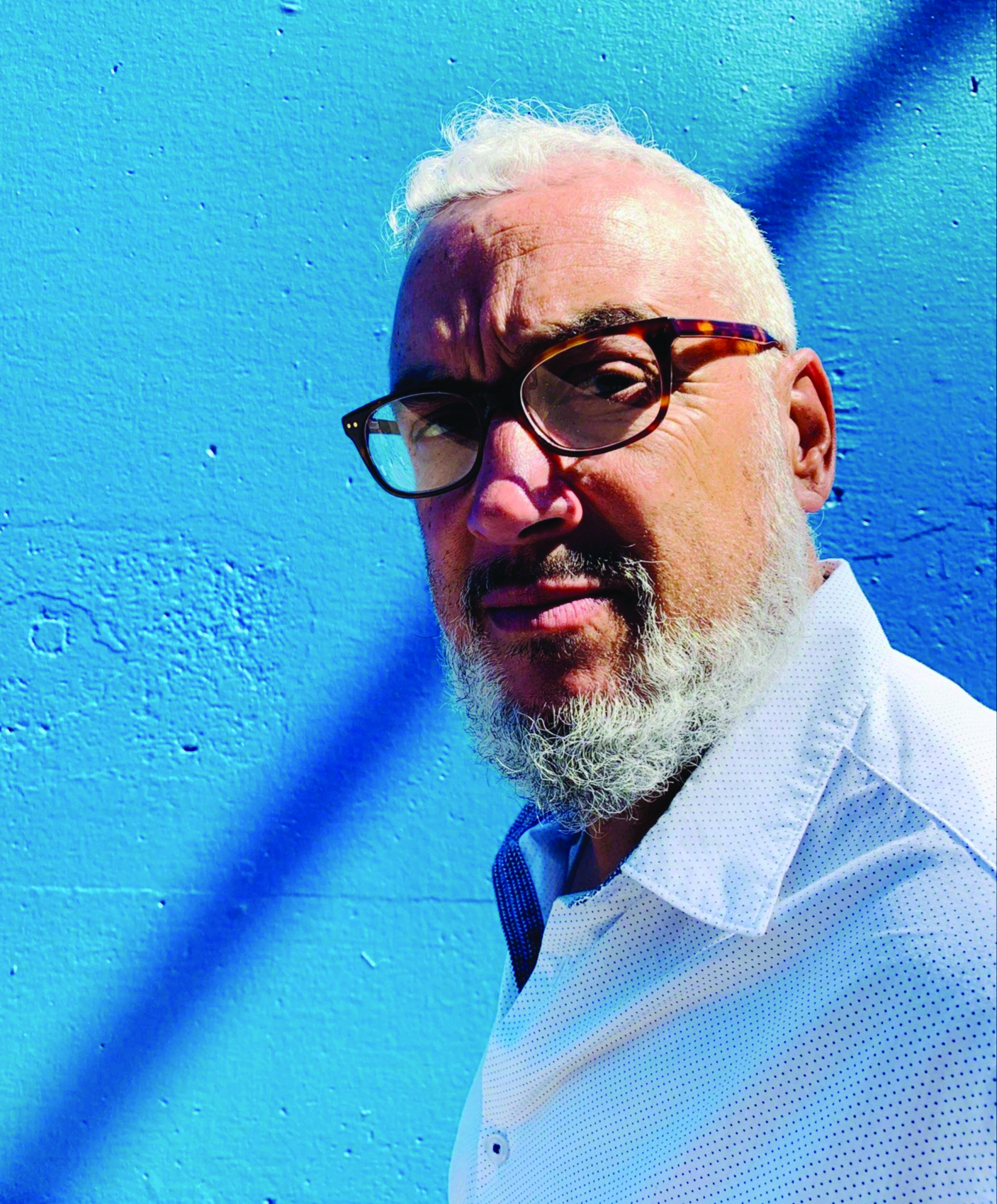
As a small used bike shop, I offer quality used bikes, fully rebuilt at half the price of retail. Our tuneup and repair service is well known as a great value. For example, all bikes over $250 come with free service and other perks. Some of the best practices I’ve learned are to buy used bikes for cash, to include a free U-lock, theft registration, and lifetime free service with every bike sale over $250, and to donate kids’ bikes. I help customers in need. If a rider shows up needing a repair or flat fix and they don't have money, I’ll do the repair anyway. They always come back to pay, and generally bring cookies. I think that every shop owner should place a "Cash for Bikes" sign in their window, and be picky about what they buy. Encourage customers to donate kids’ bikes to you, so you can donate them back to the community. And, be kind to everybody (within reason).
WHEATON, Ill.: Muneer Radi, general manager, Spokes
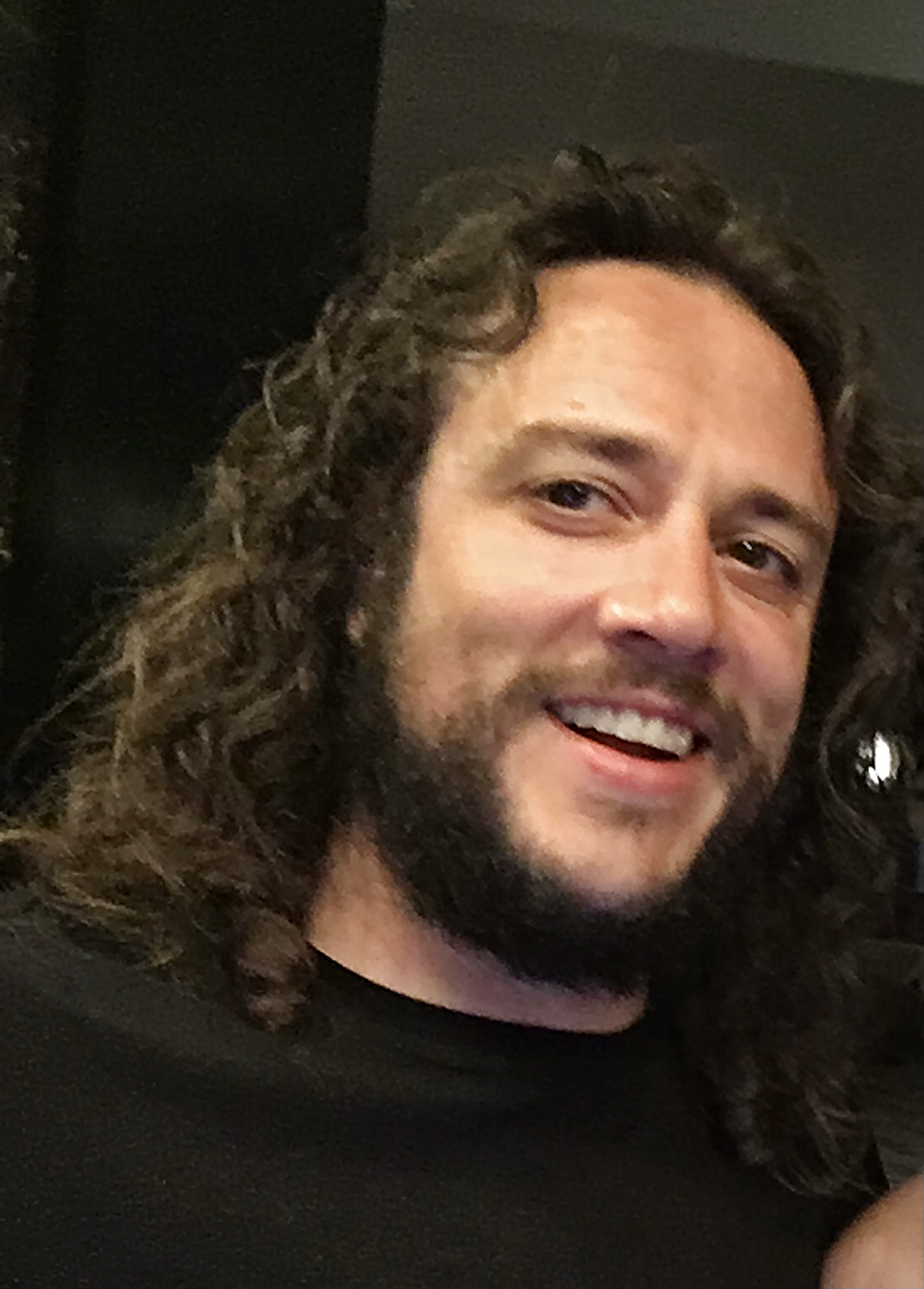
Our shop has a unique blend of everyday bikes and high-end “bike culture” bikes. We host group road, gravel, and mountain bike rides, and there’s inventory in stock. Our staff rides all different styles of bikes and has the ability to advise any type of customer. Our best practices are to use the products we sell, to encourage our staff to ride, to take pride in what we do, to treat the beginner with respect, and to charge what we are worth. We have seasoned techs and sales staff that know each riding discipline, no matter what it may be, for our enthusiast customers. Our recreational sales staff really wants to get people into the sport. They are great at guiding the customer to the best product for the customer, not themselves. Smile! We are selling freedom and fitness!

